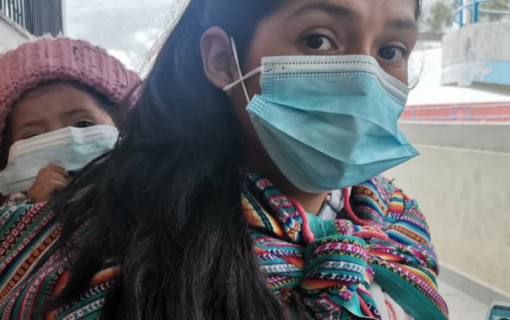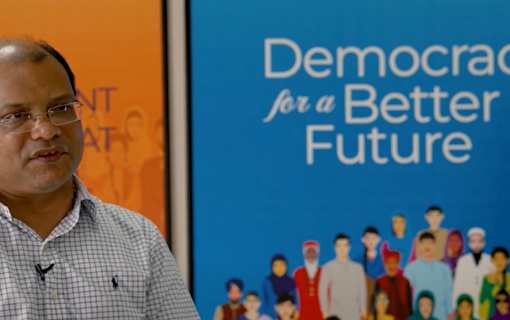Technical Assistance and Observation Mission to the November 3, 1996 Presidential Elections in Madagascar: Final Report
EXECUTIVE SUMMARY
The International Foundation for Election Systems (IFES) carried out a technical assistance and observation mission in Madagascar for the 3 November 1996 Presidential elections. A team of two French-speaking electoral administration experts was sent to Antananarivo from 25 October to 17 November 1996. The team worked with the Malagasy Ministry of the Interior, the National Election Commission, and domestic non-governmental agencies, as well as with other domestic groups and individuals, to determine the state of preparation for the election and to provide assistance and guidance as necessary. IFES would like to thank these institutions and individuals for their warm welcome and cooperation in this endeavor.
This report is intended to assist the Government of Madagascar and its electoral institutions, Malagasy nongovernmental organizations and members of the international community, in analyzing the Malagasy electoral process. It is hoped that the findings of the IFES consultants will be of some use as Madagascar faces a runoff election before the end of the year. In Chapter IV, IFES' election day observations are outlined and Chapter V provides a series of findings and recommendations designed to be both useful and practical. The IFES team did express some concern as to the proposed date for the runoff--December 29, I 996--in that many of the more technical recommendations they suggest will be impossible to act on in such a condensed time frame.
On arrival in Antananarivo, the IFES team found that preparations for the elections were proceeding according to schedule under the overall supervision of the Ministry of the Interior (MINT). The National Electoral Council (CNE), in its advisory capacity, played a discreet although useful part, especially in the allocation of media space to the candidates. Among nongovernmental organizations (NGOs) involved in electoral observation, CNOE (Comite National d'Observation des Elections) assumed a leading role in view of its expertise and national coverage.
The Electoral Code and other election-specific documents appeared to allow for unhindered participation of voters, in a free, fair and transparent environment. However, some voters lists had to be revised or even totally recreated before the election, which created problems in view of the very tight electoral calendar. As a matter of fact, most of the irregularities observed on election day were related to voters lists and/or voters cards. Many people did not find their name on lists and could not vote. However, as of this writing, only one complaint had been filed with the High Constitutional Court on this issue.
The IFES team found that the electoral environment could be improved if, among other actions, the government of the Third Republic
• were to put in place institutions and procedures called for in the Constitution;
• if the Electoral Code were revised and relevant decrees consolidated therein;
• if the National Electoral Council were strengthened through a number of measures, including its inclusion among the Constitutional institutions; and
• if technical assistance and material support were provided to national NGOs and political parties.
Read the Full Report.









